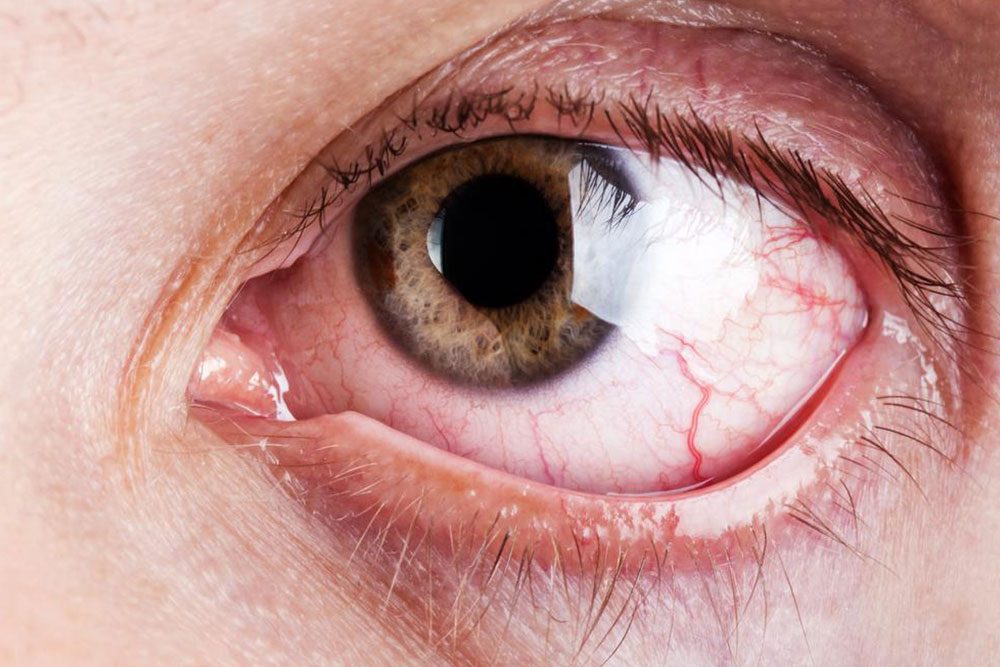Comprehensive Overview of Addison's Disease: Causes, Symptoms, and Treatment Options
Addison's disease, a rare disorder caused by adrenal gland failure, presents with symptoms like fatigue, skin darkening, and salt cravings. Early detection and hormone replacement therapy are essential for effective management. Lifestyle adjustments, including stress reduction and proper diet, support overall health. Understanding causes, symptoms, and treatment options enables individuals to manage this condition and maintain a good quality of life.

Understanding Addison's Disease: Causes, Symptoms, and Management
Addison's disease, or primary adrenal insufficiency, is a rare but serious condition where the adrenal glands do not produce enough hormones like cortisol and aldosterone. This deficiency affects metabolism, blood pressure, and stress response. Causes include autoimmune destruction, infections, tumors, or certain medications. Symptoms are often vague and include fatigue, muscle weakness, abdominal discomfort, skin darkening, salt cravings, and mood swings, which can complicate diagnosis.
Common Symptoms
Watch for signs such as:
Chronic fatigue and muscle weakness
Unexpected weight loss
Low blood pressure leading to dizziness
Dark patches on skin and scars
Cravings for salty foods
Nausea, vomiting, and diarrhea
Joint pain and muscle cramps
Changes in mood, including anxiety or depression
Early medical evaluation is essential if these symptoms appear.
Underlying Causes
Adrenal damage results from:
Autoimmune responses attacking adrenal tissue
Infections such as tuberculosis or HIV
Cancerous growths affecting the glands
Genetic abnormalities disrupting adrenal development
Sometimes, the cause remains unknown, underscoring the importance of diagnosis
Addressing the root cause promptly helps prevent serious complications and improves living quality.
Treatment and Management
Hormone replacement therapy with medications to restore cortisol and aldosterone levels
Adjusting dosages based on individual health and stress levels; avoiding sudden stops
Maintaining a nutritious diet, regular physical activity, and stress management
Wearing medical alert jewelry to inform others about the condition
Consistent medical check-ups to monitor hormone levels and modify treatment as needed
Proper management allows those with Addison's disease to live active, healthy lives; neglect can be life-threatening.
Lifestyle Modifications and Support
Complementing hormone therapy with healthy habits can improve outcomes:
Eating balanced, nutrient-rich meals to sustain energy
Practicing relaxation techniques such as meditation to reduce stress
Ensuring adequate hydration and salt intake
Engaging in moderate exercise to enhance strength and mood
Collaborating with healthcare providers and adopting a healthy lifestyle are key components of managing Addison's disease effectively.
Summary
Autoimmune reactions, infections, tumors, and genetics can cause Addison’s disease. Early diagnosis and hormone replacement therapy are crucial, accompanied by lifestyle changes such as diet, hydration, and stress management. Seeking prompt medical advice upon symptom onset is vital to prevent complications and ensure a good quality of life.


